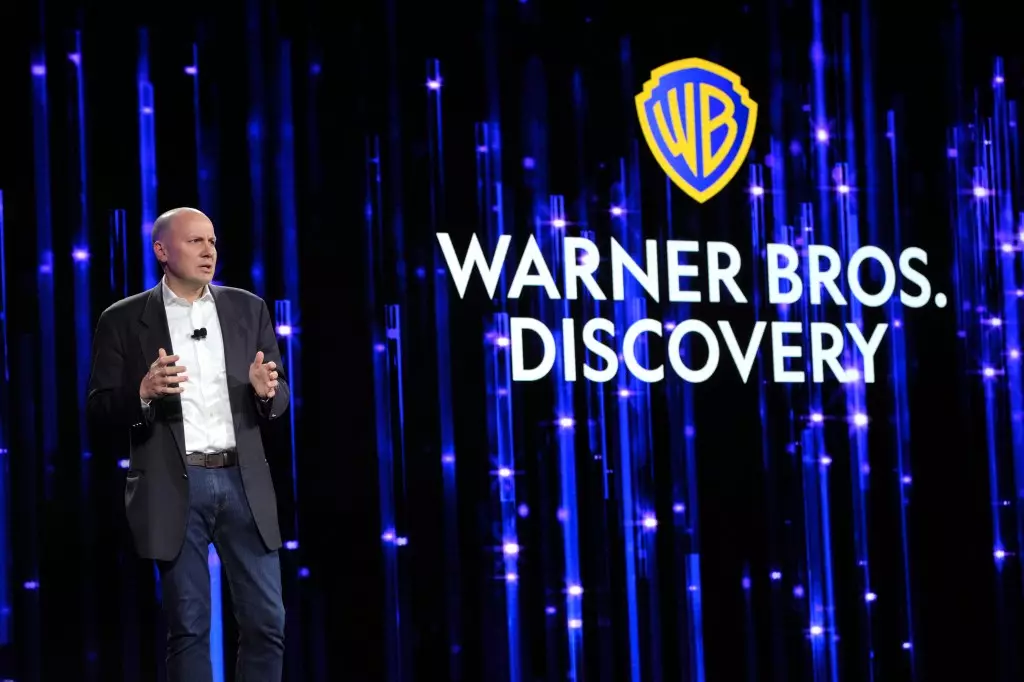As streaming services continue to evolve, traditional distribution channels are facing new challenges that reshape their roles in bringing content to viewers. Recent discussions regarding HBO’s distribution strategy in key European markets—specifically the UK, Germany, and Italy—highlight the complexity of this shifting landscape. Warner Bros. Discovery (WBD) is on the brink of launching Max globally, raising pertinent questions about the future of its longstanding relationship with Sky, HBO’s historical distributor in these territories.
During a recent speech at the Wells Fargo TMT Summit, JB Perrette, WBD’s CEO of streaming and games, hinted at potential new partnerships that could redefine HBO’s content distribution. Notably, he pointed out Amazon as a formidable player in regions where HBO’s distribution contracts with Sky are nearing expiration. This transition period, set to unfold over the next year, opens the door for aggressive strategies among streaming services vying for subscriber loyalty in increasingly competitive markets. Perrette’s remarks suggest a willingness to diversify HBO’s distribution strategy, potentially leading to a hybrid model that includes both direct-to-consumer access and partnerships with established distributors.
The shifting dynamics between WBD and Sky can largely be attributed to the fundamental changes in consumer behavior. Unlike the traditional pay-TV bundles that characterized HBO’s early success, modern viewers have shifted towards direct streaming alternatives. As subscriber acquisition and retention become more challenging, these relationships have come under scrutiny. Market competition has intensified, and WBD must now navigate these partnerships delicately to maintain its foothold in the streaming arena. The cost of acquiring new subscribers on streaming platforms often necessitates robust marketing and technological investment. Therefore, alternatives like Amazon could provide strategic benefits, leveraging its extensive customer base to enhance HBO’s reach.
Looking ahead, the discussions between WBD and potential partners like Amazon present both opportunities and challenges. Perrette noted that the relationship with Sky has yielded “a lot of proof points” regarding successful dual strategies in past ventures. However, transitioning to a direct-to-consumer model needs to be executed judiciously, as pulling content from Sky could alienate its existing subscriber base. It raises pivotal questions: Can WBD maintain its current partnership while simultaneously creating a compelling direct platform?
The resolution of these partnerships will significantly affect the content landscape across Europe. As HBO anticipates the launch of Max by 2026, it faces the critical task of balancing its content distribution between traditional networks and modern streaming paradigms. Time will ultimately reveal whether WBD chooses to reinforce its historic partnership with Sky or embraces new collaborators in the rapidly evolving streaming ecosystem.
While the future remains uncertain, the decisions made today will undoubtedly shape the trajectory of HBO’s brand and its subscriber growth in the competitive European streaming market. The interplay of traditional distribution and modern streaming strategies will require adaptability, foresight, and a robust understanding of consumer preferences as WBD approaches this new chapter.

